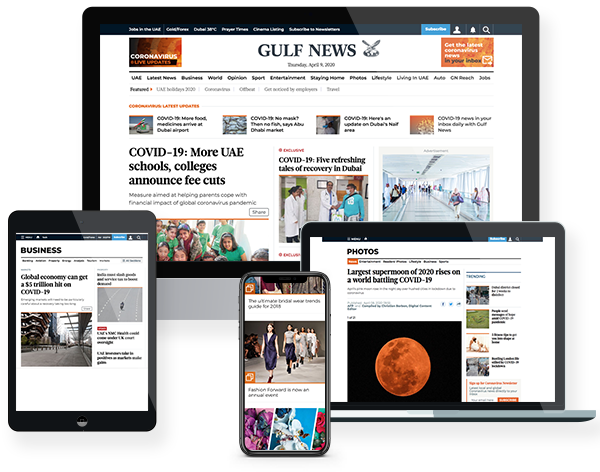
Abu Dhabi: Furture of healthcare technology including robotic surgery, artificial intelligence and machine learning was explored at the Majlis Mohammed bin Zayed Ramadan lecture in Abu Dhabi.
Dr Catherine Mohr, President of the Intuitive Foundation, delivered the lecture titled ‘Charting New Paths in Healthcare Technology’.
Sheikh Hamed bin Zayed Al Nahyan, Managing Director of Abu Dhabi Investment Authority attended the lecture along with a number of top healthcare experts. The lecture was held at the Majlis Mohamed bin Zayed venue at Abu Dhabi’s Sheikh Zayed Grand Mosque.
During the lecture, Dr Mohre focused on what she termed the “intersection of technology and healthcare,’ discussing the advantages of robotic surgery, the use of AI and machine learning, and their benefit to patients, doctors and students.

Dr Mohr explored how emerging technologies can help solve the so-called “wicked problems,’ those with a big gap between what the clinician wants to be able to do for their patient and what is actually possible.
She used the example of diagnosing and treating lung cancer, giving details of a new technique combining a robotic catheter with machine learning algorithms that allows doctors to explore the bronchial tree, take biopsies and even remove tumours, drastically cutting treatment time and without the need for invasive surgery.
Analyse data
The lecture then turned to education and the opportunities afforded by technology, for instance the ability to analyse data from millions of procedures because robotic surgery allows the surgeon’s movements to be observable. Explaining how this can benefit student doctors, she said, “We start to be able to characterise and understand expertise, and that helps us teach it.”
Dr Mohr went on to discuss the challenge of training a sufficient number of surgeons to treat the growing population, and how AI-based technologies could enable surgical training to be scaled exponentially, especially in some “low tech’ environments.
Immediate feedback
She said clinicians could teach themselves skills using AI, which would assess their progress and provide immediate feedback. The lecture was moderated by Dr Mishal AlQasimi, CEO of the Capital Health Specialised Rehabilitation Hospital and Health Shield Medical Center.
It featured pre-recorded contributions from Dr Jorge Guzman, President and Chief Executive Officer at Cleveland Clinic Abu Dhabi; Prof Humaid Alshamsi, Consultant and Director of Oncology at Burjeel Medical City; Dr Muna Tahlak, President of the International Hospital Federation; and Dr Walid Zaher, Co-Founder and Chief Executive Officer at Carexso.










